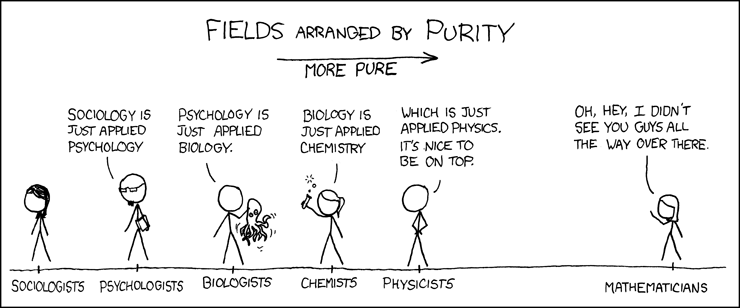Science
Science and natural science are not exactly the same, though they are closely related. Science is a broad term encompassing the systematic study of the natural and social worlds through observation and experimentation. Natural science is a specific branch of science that focuses on the natural world, including physical phenomena, living organisms, and the Earth.
- **Science: This is a general term for the organized body of knowledge gained through observation and experimentation. It includes both natural and social sciences.
- Natural Science: This branch of science focuses on the natural world and its phenomena. It includes fields like:
- [Physical Sciences]: Physics, chemistry, astronomy, etc., which study non-living systems.
- [Life Sciences]: Biology, including botany, zoology, and microbiology, which study living organisms.
- [Earth Sciences]: Geology, oceanography, meteorology, etc., which study the Earth and its atmosphere.
- Social Science: This branch of science focuses on human society and social relationships. Examples include psychology, sociology, and economics.
Essentially, natural science is a specific type of science that focuses on the natural world, while science is a broader term that includes both natural and social sciences.
Science, in its modern form, relies on empirical observation and experimentation to understand the natural world, while philosophy explores fundamental questions about existence, knowledge, values, and reason through conceptual analysis and argumentation. While science can be informed by philosophical inquiry, and philosophy can analyze the foundations and implications of scientific knowledge, they are distinct disciplines with different methodologies and goals.
Science is a systematic way of acquiring knowledge about the natural world through observation and experimentation. Philosophy of science, on the other hand, is a branch of philosophy that examines the foundations, methods, and implications of science. It explores questions about the nature of scientific knowledge, how scientific theories are developed and tested, and the relationship between science and other fields of study.
One of the cardinal rules of science is that whatever is being investigated must yield to he empirical test and be replicated. That is, the existence of something, be it a theory for example, must be verifiable or disprovable by repeated observation, measurement, and experimentation.
Scientists don’t just say, “Take my word for it!” They say, “I’ll test it and if I’m right, okay. If I’m not, then we’ll make adjustments.”
